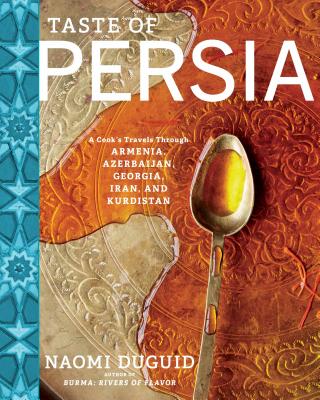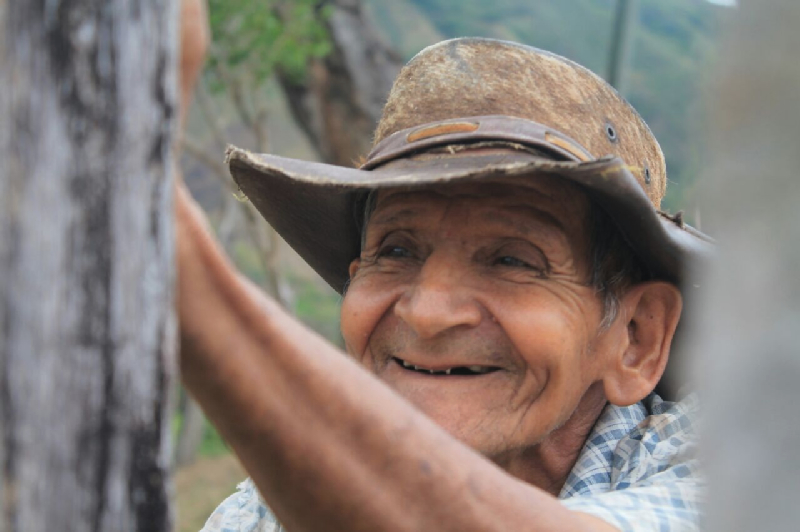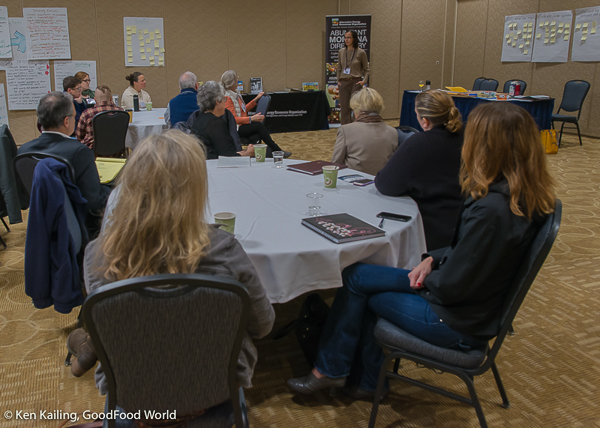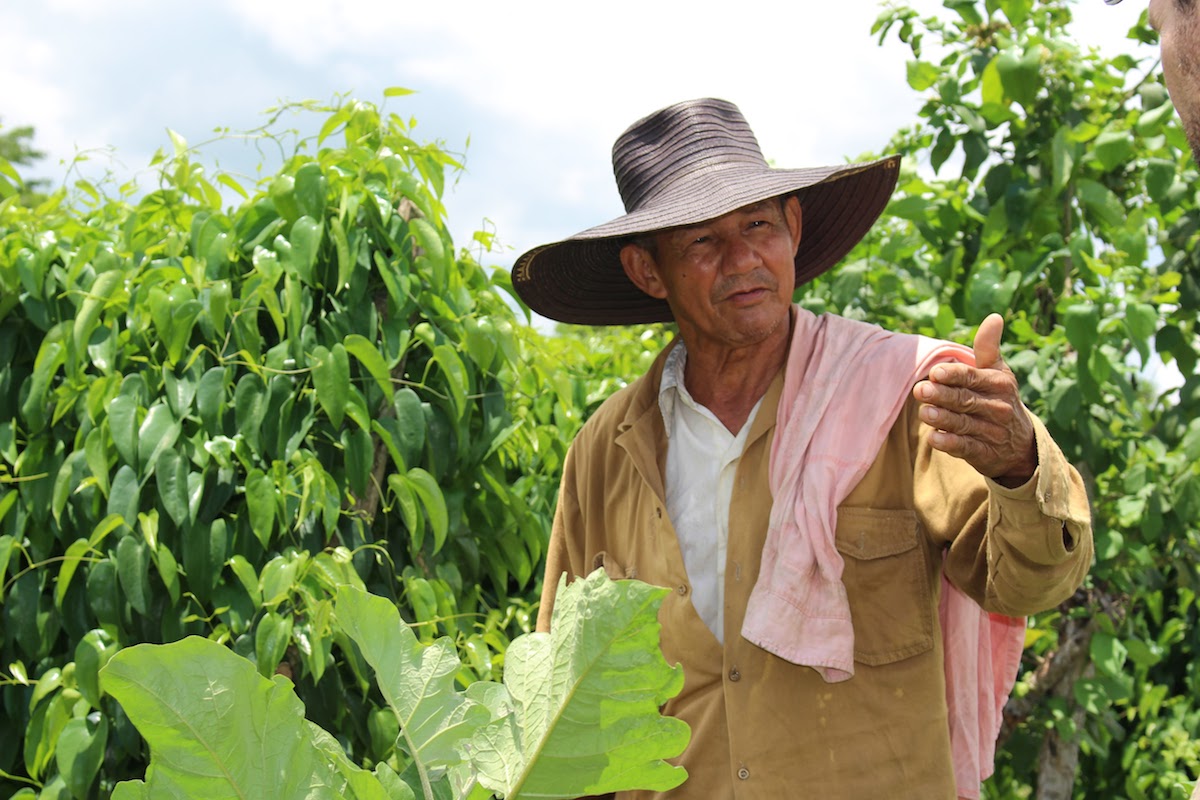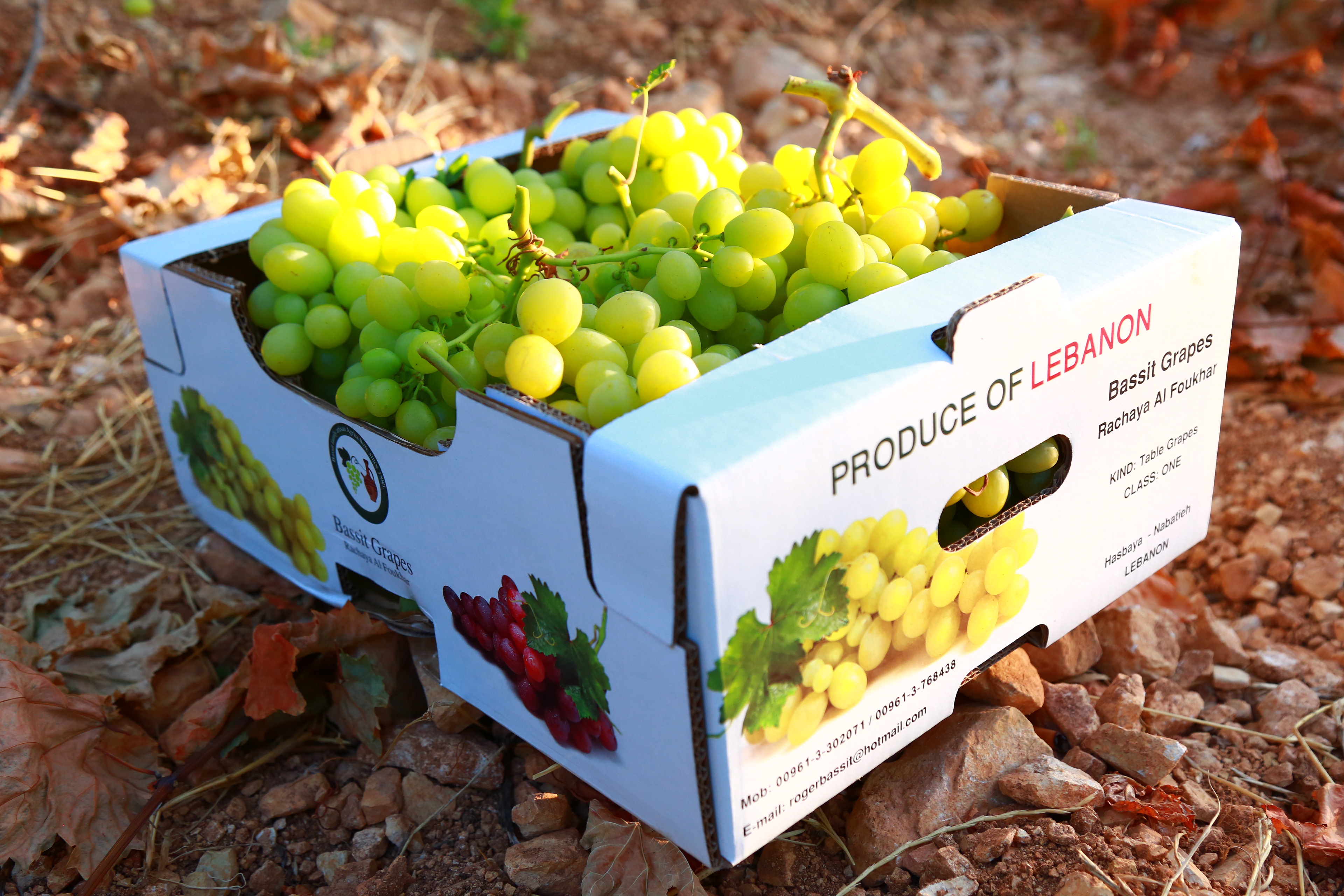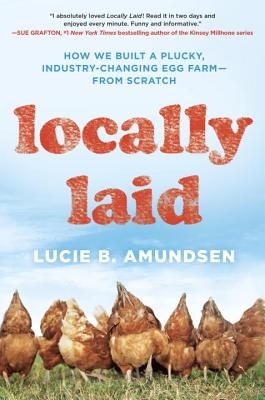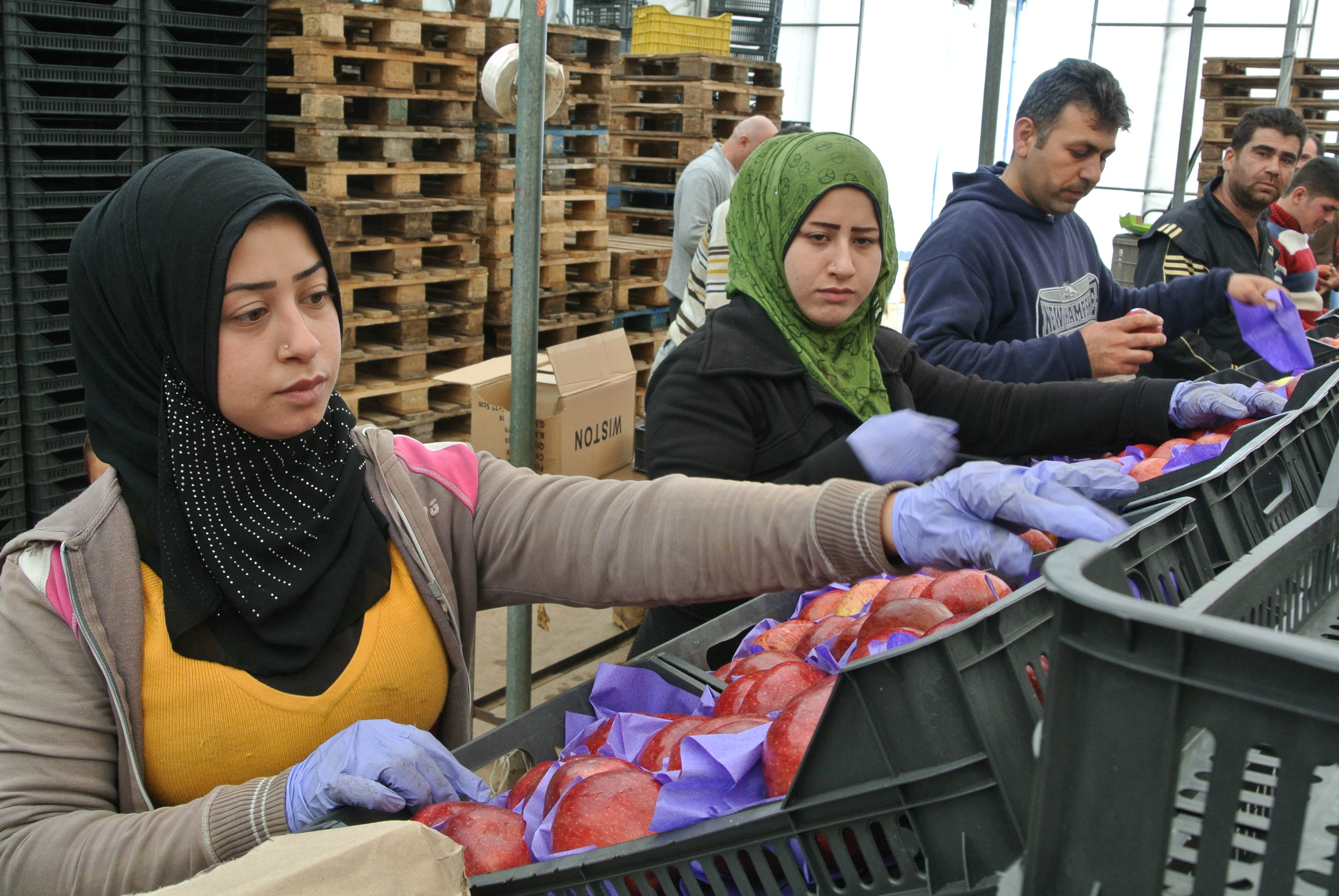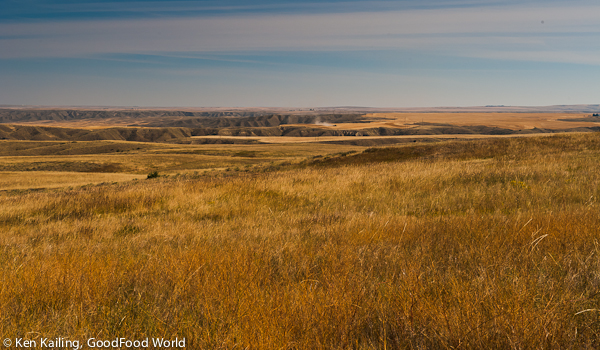Taste of Persia: A Cook’s Travels Through Armenia, Azerbaijan, Georgia, Iran, and Kurdistan, by Naomi Duguid
While the borders of Persian Empire advanced and receded over the centuries, today “Persia” is equated with Iran. With our world connections ever more fluid – and, at times, tense – now is a great time to explore traditional and contemporary dishes from Iran, Kurdistan, Armenia, Azerbaijan, and Georgia, all parts of the Persian Empire at one time or another.

